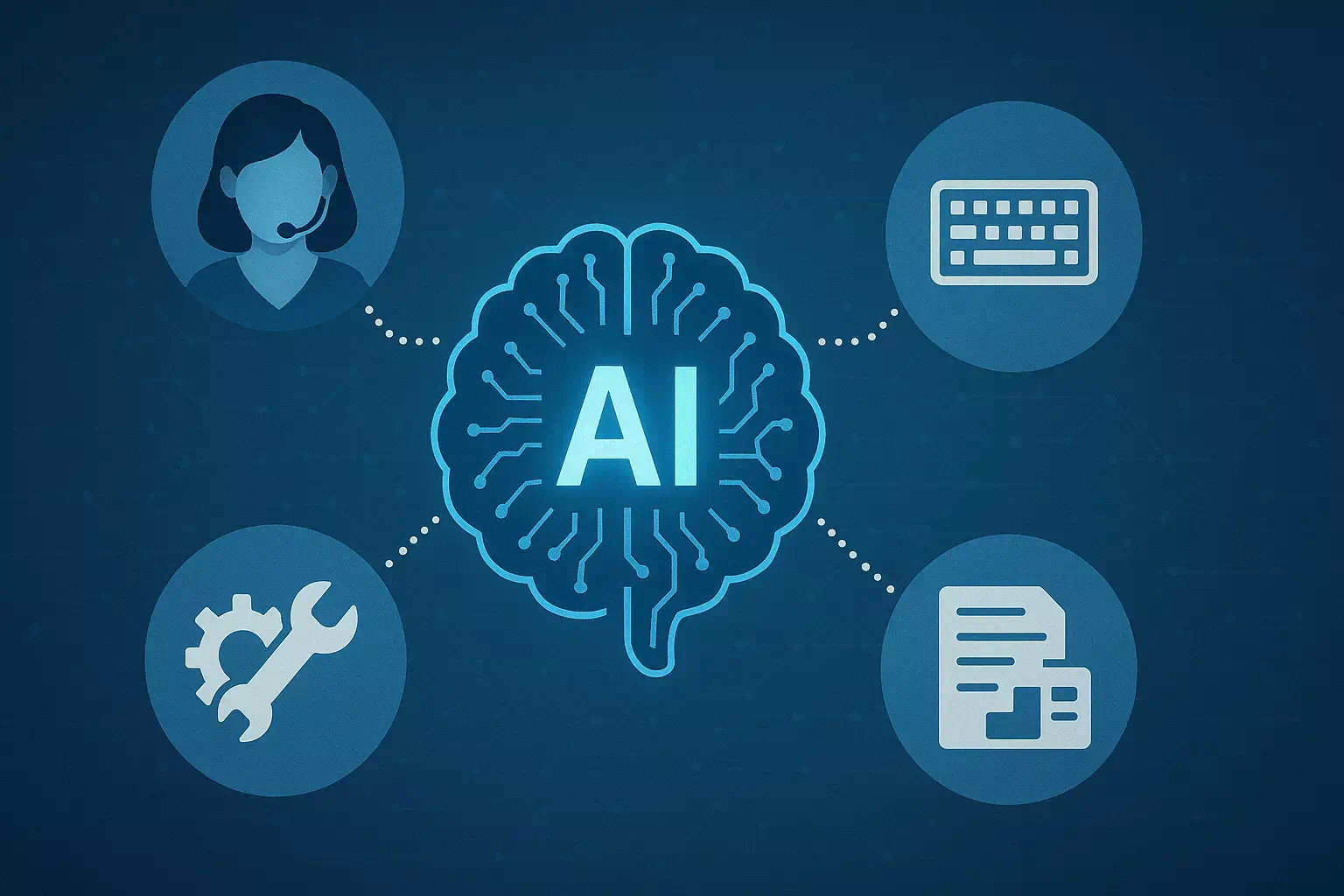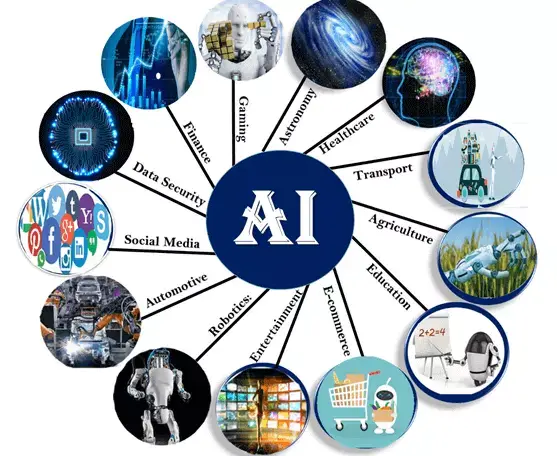The landscape of business operations is constantly evolving, driven by technological advancements and an insatiable demand for efficiency and specialization. In this dynamic environment, Business Process Outsourcing, or BPO, has emerged as a cornerstone for companies seeking to optimize their workflows, reduce costs, and focus on core competencies. As artificial intelligence continues its profound integration into every facet of industry, the BPO sector finds itself at a fascinating crossroads, poised for transformation and unprecedented growth. This evolution isn’t merely about automation; it’s about intelligent augmentation, leveraging Ai to elevate human capabilities and deliver superior outcomes across a diverse range of services.
The services offered within the BPO industry are incredibly diverse, catering to a wide spectrum of business needs. At its heart, BPO often revolves around customer interaction and revenue generation, encompassing critical functions like Lead Sales, driving initial engagement and converting prospects into valuable clients. This is intricately linked with Lead Conversion, the crucial process of nurturing those leads through the sales funnel to successful closure. Beyond acquisition, Lead Support ensures that new and existing customers receive the assistance they need, fostering loyalty and repeat business. The foundational process of Lead Generation fuels this entire cycle, identifying and qualifying potential customers through various channels.
However, BPO’s capabilities extend far beyond sales and support. Specialized areas like Debt Collection require a nuanced approach, balancing assertive communication with empathy and adherence to regulatory guidelines. On the technological front, IT Development services within BPO provide crucial support for software creation, maintenance, and enhancement, often acting as extended development teams for clients. Customer Service remains a perennial need, crucial for maintaining positive brand perception, and BPO providers often specialize in this for various sectors, including Customer Service for E-commerce and Retailers, addressing the unique demands of online and physical sales environments. Furthermore, IT Support ensures the smooth functioning of internal systems and client-facing technologies, a vital backbone for any modern enterprise. Finally, QA Monitoring plays an indispensable role in ensuring quality control across processes, be it software, customer interactions, or data integrity, guaranteeing consistent high standards.
Core BPO Services Reimagined by Artificial Intelligence
The integration of artificial intelligence is fundamentally reshaping how these services are delivered, moving beyond traditional human-centric models to intelligent automation and data-driven insights. In Lead Sales and Lead Conversion, AI-powered analytics can identify high-potential leads with greater accuracy, predict customer behavior, and even assist in crafting personalized sales pitches. Virtual assistants and chatbots, fueled by natural language processing (NLP), can handle initial inquiries in Lead Support and Customer Service, freeing human agents to focus on more complex or sensitive issues. This intelligent routing ensures customers receive faster, more efficient support.
For Lead Generation, Ai algorithms can sift through vast datasets to identify emerging trends, pinpoint niche markets, and even predict the most effective channels for outreach, vastly improving targeting and ROI. In Debt Collection, Ai can help analyze debtor profiles to determine the most effective communication strategies, optimizing outreach timing and tone, while ensuring compliance. The IT Development landscape is being revolutionized by Ai-assisted coding tools, automated testing, and predictive maintenance for systems, accelerating development cycles and enhancing code quality. For QA Monitoring, Ai can rapidly analyze vast amounts of data, including call recordings and interaction logs, to identify patterns, detect anomalies, and even predict potential issues before they escalate, ensuring a higher standard of service delivery.
Ai’s Transformative Role Across Diverse Industries
The BPO industry serves a diverse array of industries, each with its unique demands and opportunities for Ai integration. The Entertainment + Gaming sector, for instance, leverages BPO for customer support for online games, content moderation, and even back-office functions for event management. Ai can enhance player support with intelligent chatbots and improve content moderation through automated anomaly detection. The FinTech industry relies heavily on BPO for secure data processing, compliance, fraud detection, and customer onboarding. Ai’s role here is pivotal, automating risk assessments, identifying suspicious transactions in real-time, and personalizing financial advice.
HealthTech utilizes BPO for patient support, medical transcription, claims processing, and data management. Ai can revolutionize these areas by streamlining appointment scheduling, analyzing medical records for insights, and automating claims validation, accelerating healthcare delivery and improving patient outcomes. The On-Demand Travel + Transportation sector benefits from BPO for booking support, dispatch services, and real-time customer assistance. Ai-driven systems can optimize routing, predict demand fluctuations, and provide instant, multilingual support to travelers, enhancing the overall user experience.
Retail + eCommerce businesses heavily depend on BPO for order fulfillment support, inventory management, and personalized shopping assistance. Ai integration allows for hyper-personalization in customer interactions, predictive inventory management, and automated returns processing, significantly boosting efficiency and customer satisfaction. In the realm of Social Media, BPO often handles content moderation, community management, and trend analysis. Ai plays a crucial role in identifying harmful content, moderating discussions at scale, and analyzing vast quantities of social data to inform marketing strategies. Finally, the broader Technology sector, encompassing everything from software companies to hardware manufacturers, uses BPO for technical support, IT help desks, and product development assistance. Ai can automate diagnostics, provide intelligent troubleshooting guides, and even assist in the development of new technological solutions.
BPO Success in the Age of Intelligent Automation
Consider the example of BPOManila, a hypothetical next-generation BPO provider that has embraced Ai as a core component of its service delivery. Instead of merely offering traditional BPO services, BPOManila specializes in Ai-augmented solutions. Their Lead Sales teams are equipped with AI-driven analytics that score leads based on propensity to convert, allowing their human agents to focus on the most promising prospects. For Customer Service for E-commerce and Retailers, BPOManila deploys intelligent virtual agents that handle 80% of routine inquiries, escalating only complex cases to human experts, leading to faster resolution times and higher customer satisfaction. Their IT Development unit uses Ai for automated code reviews and bug detection, accelerating development cycles and improving software quality. In QA Monitoring, Ai algorithms constantly analyze data streams, identifying subtle patterns that human auditors might miss, ensuring unprecedented levels of quality control. BPOManila exemplifies how BPO can evolve beyond labor arbitrage to become a strategic partner in the Ai-driven economy, focusing on delivering intelligent, data-led outcomes.
The future of BPO in the Ai era is not about replacing human talent, but rather about empowering it. Ai handles repetitive, rule-based tasks, freeing human agents to engage in more complex problem-solving, empathetic interactions, and strategic thinking. This synergy between human intelligence and artificial intelligence creates a more efficient, accurate, and scalable service delivery model. BPO providers that invest in Ai integration will not only enhance their service offerings but also create more engaging and challenging roles for their employees. The emphasis shifts from mere task execution to value creation, driven by intelligent insights and optimized processes. The ability to harness Ai will be a defining characteristic of successful BPO entities in the coming decade, allowing them to offer unparalleled value across diverse industries and service lines. This intelligent evolution ensures that BPO remains a critical driver of business success in an increasingly automated world.

